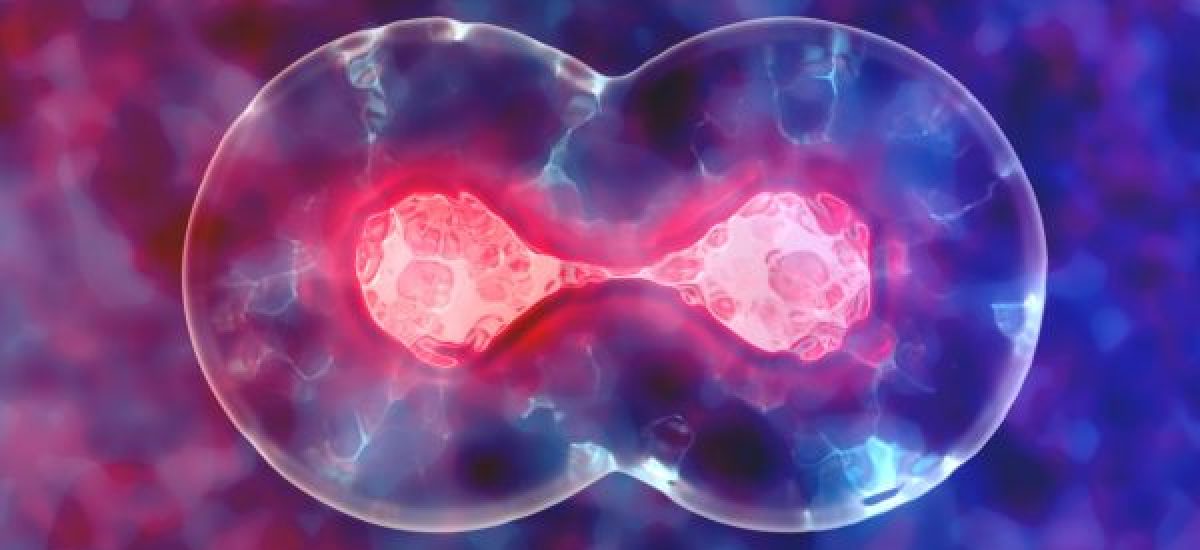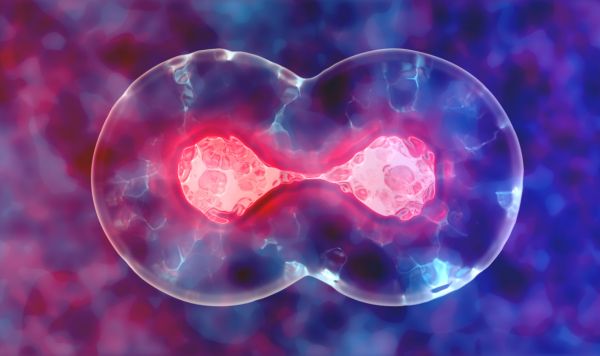Stem cell therapy is an advanced medical treatment that uses stem cells to repair, replace, or regenerate damaged or diseased tissues in the body. Stem cells are unique because they have the ability to develop into different types of cells and can divide to produce more stem cells, making them a potent tool for healing and regenerative medicine.
Types of Stem Cells:
- Embryonic Stem Cells: Derived from early-stage embryos, these cells are pluripotent, meaning they can turn into almost any cell type in the body.
- Adult Stem Cells: Found in specific tissues like bone marrow, these cells are multipotent and can develop into a limited range of cell types related to their tissue of origin.
- Induced Pluripotent Stem Cells (iPSCs): These are adult cells that have been genetically reprogrammed to behave like embryonic stem cells, giving them the ability to develop into various cell types.
Applications of Stem Cell Therapy:
Hematology: Employed in bone marrow transplants to treat blood-related diseases like leukemia and lymphoma.
Orthopedics: Used to treat joint injuries, osteoarthritis, and tendon or ligament damage.
Neurology: Investigated for treating conditions like Parkinson’s disease, spinal cord injuries, and multiple sclerosis.
Cardiology: Applied in the repair of heart tissue following a heart attack.
Regenerative Medicine: Used for the regeneration of tissues and organs, and in the treatment of burns, wounds, and degenerative diseases.


